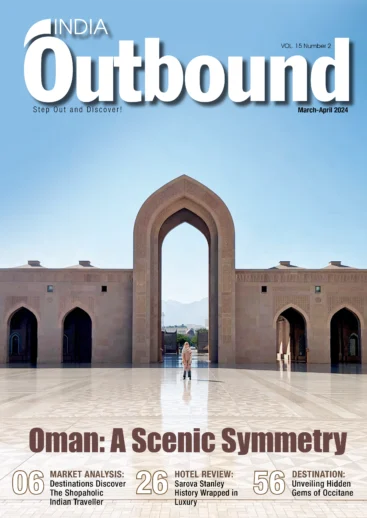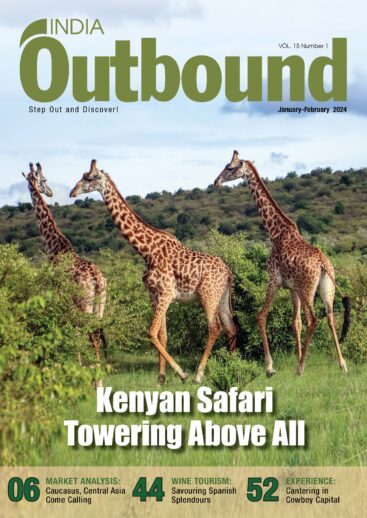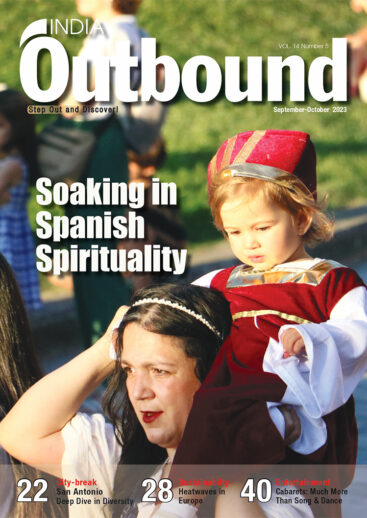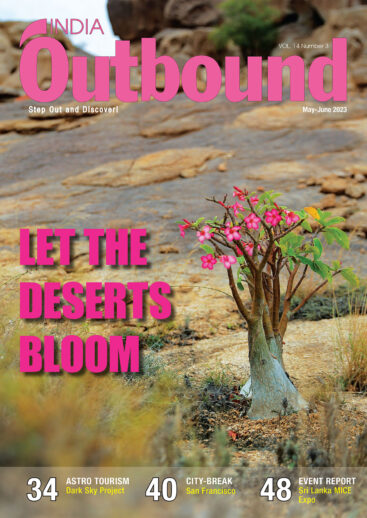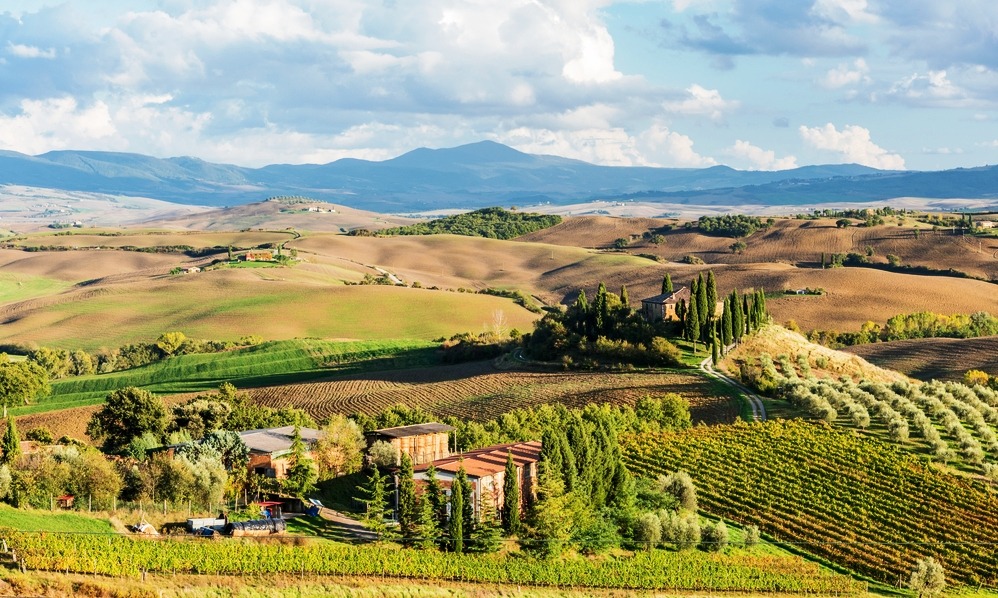
In developed economies, rural tourism is more about resting and relaxing than experiencing local cultures
The global rural tourism market is set to grow at a steady pace of 6.8 pc CAGR between now and 2033 and is likely grow from USD 102.7 billion in 2023 to USD 198.3 billion, says a report by Future Market Insights (FMI), a market research firm.
In a press statement, FMI says that according to the United Nations World Tourism Organisation (WTO), rural tourism offers a significant potential in terms of stimulating local economic development. Rural tourism allows visitors to experience unique cultures in isolated regions of the world. It also offers visitors the chance to engage in a diverse array of nature-based activities such as agriculture.
FMI says that across the world’s rural regions, the primary occupation tends to be agriculture. Rural tourism facilitates the people living across these regions to earn incomes from non-agricultural activities. The additional income that rural tourism generates can revive local handicrafts and folk art.
The market for rural tourism is especially thriving across the world’s developing economies. In these places, fragmentation of farmland continues to occur as the local population grows. This leads to economic disparity, but rural tourism is a way for the poorer section of people earn a decent income.
The report says that in developed economies, rural tourism is more about resting and relaxing than experiencing local cultures. For instance, in the United States, Florida’s Sanford and St Augustine are popular rural tourism destinations. Vacationers are increasingly visiting these places to escape from the hustle and bustle of their hectic lives in the busy cities.
Future Market Insights (FMI) says that it believes that the years ahead will be fruitful for players in the rural tourism market. However, players would also have to contend with challenges such as greenwashing, the use of ‘environment-friendly’ labels on low impact conservation efforts and exhaustion of environmental capacities across destinations with fragile and sensitive ecologies. FMI says that other challenges include lack of authenticity, i.e., hosts having to adjust on the basis of tourists’ preferences or limited economic returns due to a lack of participation from higher income groups.
According to FMI’s latest insights, the market is seeing innovative strategic collaborations between the direct suppliers in the industry. They are leveraging their individual resources to enhance collective strength.
While the relationship between indirect suppliers is predominantly transactional, their deliveries and services are becoming more dependable. Owing to such factors the market is experiencing a steady rise in the information transactions between direct and indirect suppliers. This is preventing performance and risk management issues and enabling players to strategize on spending.
Rural tourism nowadays is becoming popular as people are now becoming aware of unique and exotic cultures. It also supports the necessity of job creation.
Business opportunities in rural tourism are arising in places with scarce populations. This enhances the experience of tourists in terms of exploring and understanding the places’ natural, ancient, and historical characteristics. It also provides lucrative opportunities to start entrepreneurial businesses, so the locals can increase their income.
In agro-tourism, rural tourism is contributing towards agricultural productivity across the globe. Technological advancements are also facilitating convenient ticket reservations and bookings among consumers. According to FMI, the market registered a lower 4.9 pc CAGR from 2018 to 2022 and reached a valuation of USD 96.9 billion in 2022.
FMI says that adverse impact of urbanisation and industrialization it likely to spur rural tourism demand as urbanisation has been more of a trend than a need in the recent past and its effects on the environment have been predominantly negative. The emergence of urbanisation has raised the standard of living for the people and contributed to the economy, but at the same time, it has contributed to more stress.
Rural areas have been preserved with its scenic beauty and considerably less pollution than urban spaces. This is why the people living in urban cities prefer visiting rural locations for the sake of peace and quiet.
Infrastructure in the form schools, colleges, hospitals, hotels, and malls are taking up most of the space across urban areas. This is causing severe disruption to society and the environment. At the same time, it is sparking the interest of avid travelers to go beyond their routine and explore more sustainable lifestyles and cultures, says the report by FMI.
The rural tourism market has various environmental aspects which cover responses toward the economy and society from multiple perspectives. Nowadays, various ecological imbalances are occurring, which are making the rural tourism sector inclined towards sustainable development. However, rural areas rarely have the infrastructure in place to support mass tourism.
Prior to the advent of rural tourism, people in isolated areas were mainly dependent on agriculture. As a result, the waste they generated was limited. However, owing to rising rural tourism, more waste is being generated.
Disposal of waste is increasingly becoming problematic across rural regions as they lack the necessary infrastructure. As a result, waste is either burned or disposed in open fields, none of which is beneficial for the environment, says FMI.













